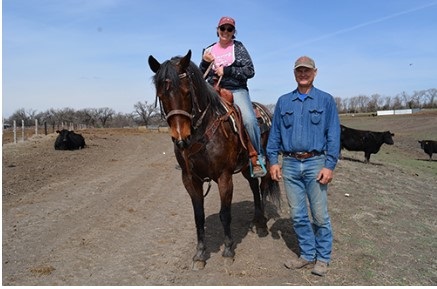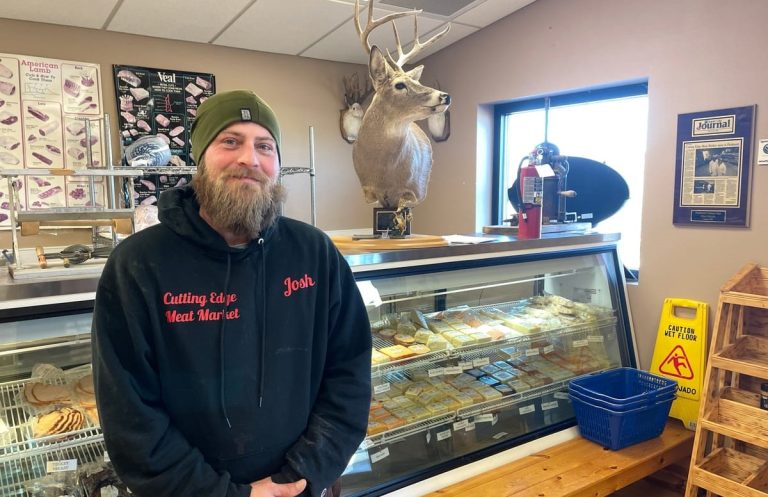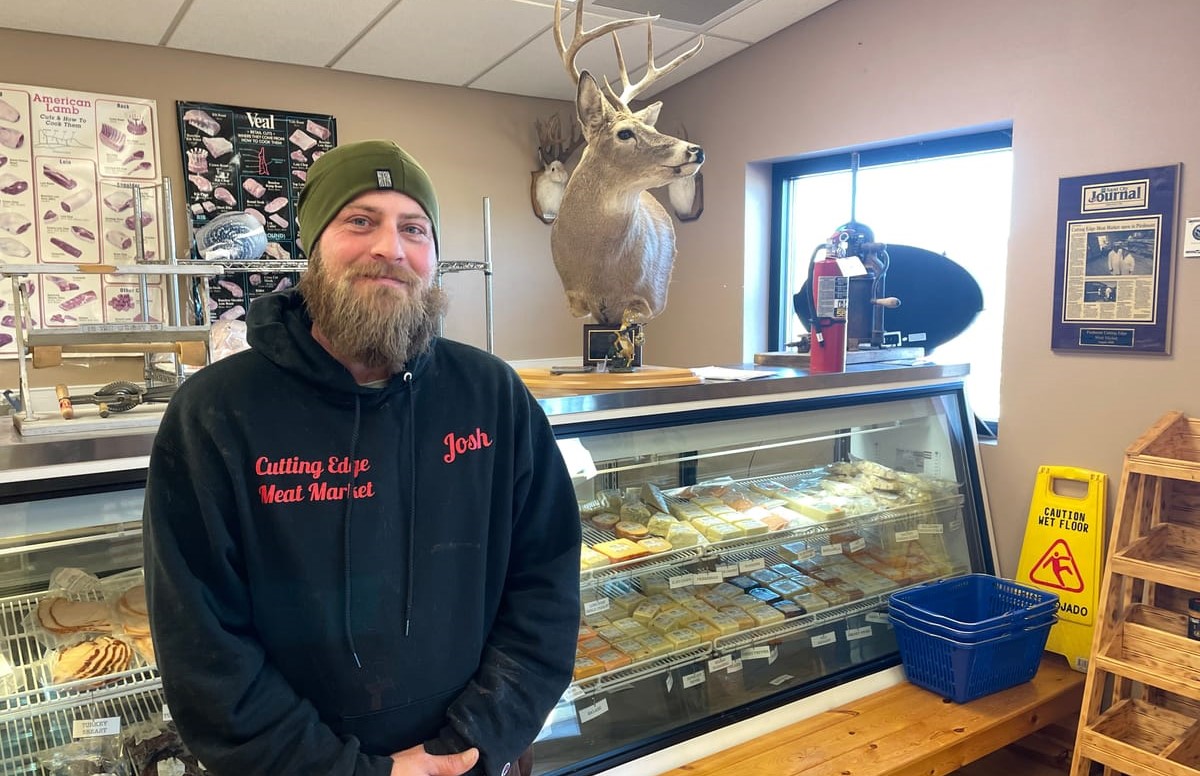MANHATTAN, KS – Most would agree that watching a new life enter the world is a pretty amazing experience — whether that is a human or an animal.
For a cow-calf producer, many calves can be born over the season, and oftentimes that means night checks on the females and being able to intervene quickly if the laboring animal has trouble.
The ideal time to calve heifers was a discussion topic among the experts at the Kansas State University Beef Cattle Institute on a recent Cattle Chat podcast.
“Heifers are going to require the greatest investment of labor at calving time so having them calve at the beginning of the season is going to have better outcomes because the people monitoring them are fresher and not worn down by a long calving season,” said veterinarian Brian Lubbers.
Veterinarian Brad White agreed, adding: “It is important to calve heifers when you are fresh because you need to observe heifers closely to make sure things are going right.”
“Not only do I like heifers calving ahead of the cows,” added veterinarian Bob Larson, “but I like them to be finished calving well ahead of the cows.”
Larson’s reasoning is heifers that breed in the first 30-45 days of the breeding season are more likely to rebreed because of the recovery interval between calving and breeding.
White agreed: “A successful heifer breeding program is realized when she gets bred back for her second calf.”
Larson offered a breeding strategy for heifers. “By first breeding heifers with AI (artificial insemination), most of them should be able to get pregnant within the first 30 days of the season,” he said.
Nutritionist Phillip Lancaster said by having veterinarians date the pregnancies, there is an opportunity to market the late-bred heifers for a greater dollar value than open heifers.
Another advantage for calving heifers first relates to calf health, Lubbers said.
“Heifers typically don’t have the highest quality colostrum and so when calving in a confined area the goal is to have as low of pathogen exposure as possible, which is why it is better to calve them at the start of the season,” he said.
White agreed and explained colostrum and its impact on calf health.
“Colostrum is the first milk the calf gets from its mother that contains a lot of immunity to set it up for the first 4-5 months of life,” he said. “As soon as the calf starts drinking, it has 12-24 hours to absorb the colostrum before his gut closes.”
Along with health, the experts agree that just prior to calving and in the first few months of lactation cow nutrition is going to be especially important.
Lancaster said: “It is best if I can match the nutritive value of the hay with the nutrient requirements of the animal because that will reduce the amount of supplemental feed and decrease my overall feed costs.”
To hear more of this discussion, listen to the Cattle Chat podcast online at https://bit.ly/3gylLoc .












